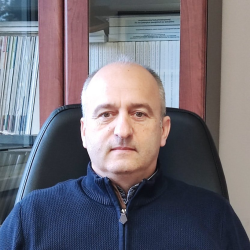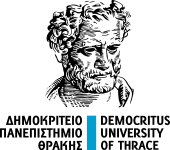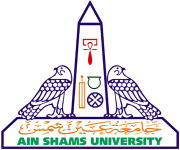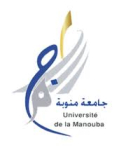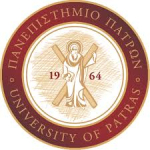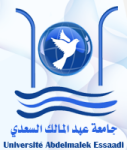ABOUT US




CIRQUA is part of the new soil and water management for the future “soft path” for water, as the “changing water paradigm”, focusing on the optimization of end-use efficiency, smallscale systems and the implementation of fit-for-purpose soil and water use. CIRQUA will focus on improving water quality and, via improving water management, water quantity in parallel with enhancing soil fertility by converting biomass to metal organic framework-based composites (MOFCs) of high organic content. These solids can act as conducting solids able to store nutrients, i.e. nitrogen and phosphorus. These MOFCs will be produced by using elements commonly applied as plant nutrients. Moreover, magnetic MOFCs and MOF@organic polymer composites will be also fabricated to use as superior filter materials to remove micropollutants and retain pathogens and viruses from the discharge effluent of nature-based solutions (NBS), i.e. constructed wetlands (CWs). To further improve water quality and expand water usage, photocatalysis will be applied as the final step to ensure removal of residual micropollutants, pathogens and DNA. The proposed hybrid process will ensure surface water quality in a circular context and will increase water security in both terms of quality (i.e. through removal of pollutants) and quantity (i.e. through water reuse). CIRQUA will also effectively support, through a zero-waste process, the circular bioeconomy, by which biomass is projected to play an important role in meeting the global climate targets. The use of selected water-tolerant nodulation legumes as plant species in CWs will result in obtaining a N-rich biomass. Thus, the synthesis of innovative environmentally friendly biomass-derived nanomaterials will permit the creation of slowrelease N-rich fertilizer containing significant amount of organic matter, which will be capable of improving both soil structure properties and fertility, serving as soil improver and low-cost fertilizer, free of pathogens. The innovative wastewater recycling and safe water reuse technologies, which will be implemented in the frame of CIRQUA, will also enhance soil fertility. Modern technologies in wireless sensors, IoT (Internet of Things), high-resolution, highly accurate forecasting models.
